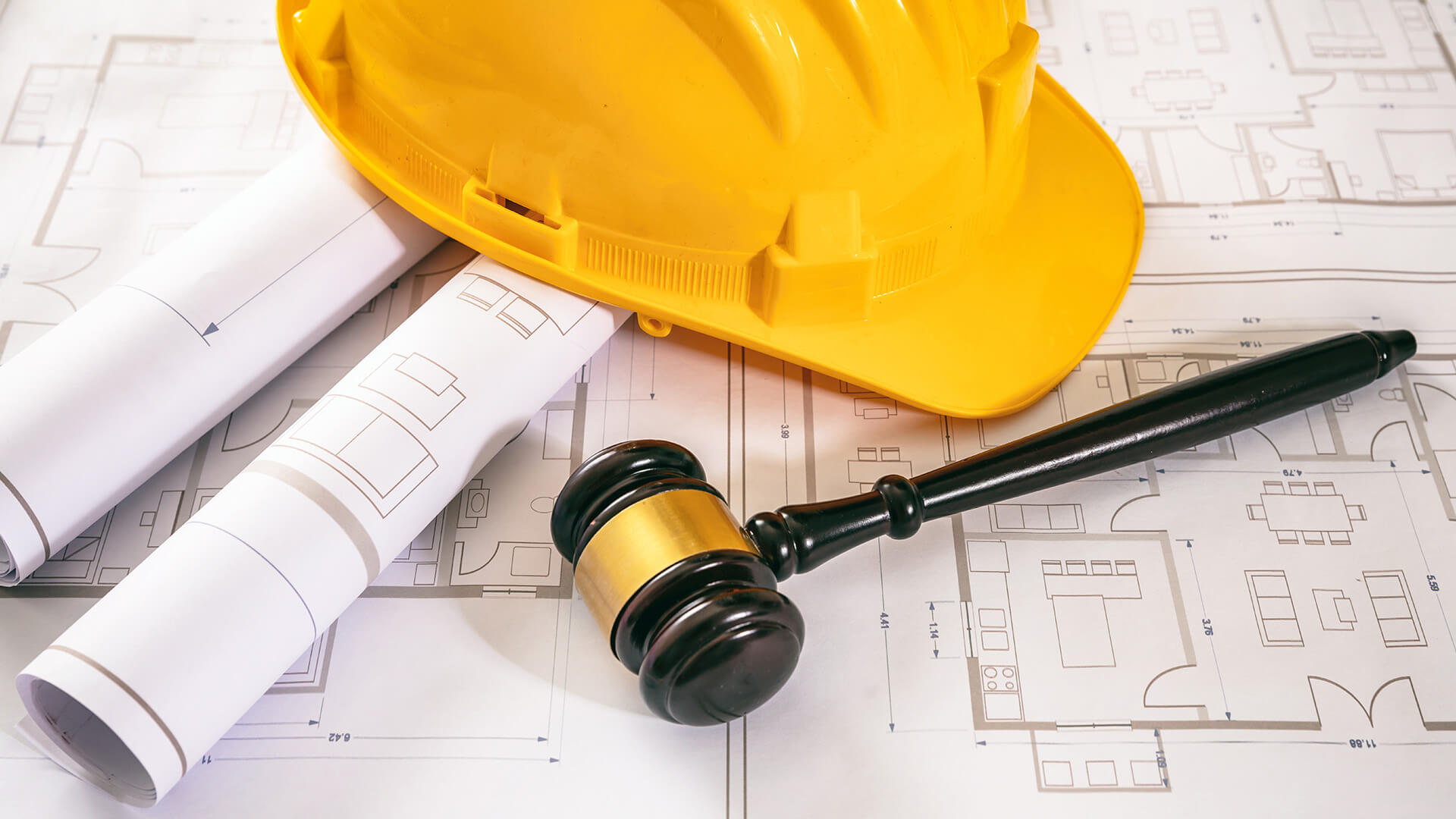Introduction
Purpose, Enforceability and Liquidated Damages
1. Purpose of Time Bars?
In the context of construction contracts, a time bar (constituting a condition precedent) is usually an obligation for the contractor to issue a notice to the employer within a specific timeframe concerning a matter that may give rise to a claim of additional payment and/or time. If a Contractor fails to do so, this may result in the contractor losing its right to claim. [1]
Time bar clauses alert the employer of potential claims the contractor might submit. Doing so gives the parties a chance to mitigate the effect of the claims. It also allows the claims to be assessed at or near the time they arise.
In addition, the contemporaneous assessment of potential claims is considered a better practice than assessing all claims towards the end of the project. The later claims assessment might be challenged by missing documents, records and/or staff involved in the matter.
2. Enforceability of Time Bars Under Civil Code?
Under the UAE Civil Code, the enforceability of time bars is influenced by the following:
- Good Faith Requirement;
- Onerous Obligations; and
- Unjust enrichment.
A. The Good Faith Requirement
"The contract must be performed in accordance with its contents, and in a manner consistent with the requirements of good faith." [Emphasis added.]
The Article above requires the parties to a contract to perform and comply with the contract provisions. In addition, the parties must execute the contract in good faith, failing to do so may be considered as a breach of the contract. For instance, if a time bar clause is included in the contract, then the parties must comply with it.
All contracts governed by UAE law must comply with the duty of good faith as provided in Article 246.[3] This requirement is imposed to assure that the parties will act reasonably and will not abuse the rights of each other. King[4] argued that the UAE Civil Code might restrict time bar clauses and, therefore, prevent the employer from claiming damages (i.e., liquidated damages) against the contractor where the contractor fails to notify the employer of its breach of contract (i.e., the employer’s culpable event).
In the alternate, it is argued that a contractor’s failure to issue a timely notice is itself a breach of good faith, as the contractor’s failure may prejudice the employer’s rights in evaluating and taking the required measures in a timely manner.
B. Onerous Obligations
"If the contract is by way of adhesion and contains unfair provisions, it shall be permissible for the judge to vary those provisions or to exempt the adhering party therefrom in accordance with the requirements of justice, and any agreement to the contrary shall be void."
C. Unjust Enrichment
"No person may take the property of another without lawful cause, and if he takes it he must return it."
It is argued that under UAE law, an employer will be unjustly enriched if it benefits from additional work by the contractor whilst avoiding payment upon performing the time bar clause.
3. Evaluating Liquidated Damages?
"(1) The contracting parties may fix the amount of compensation in advance by making a provision thereof in the contract, or in a subsequent agreement, subject to the provisions of the law.
(2) The judge may in all cases, on the application of either party, vary such agreement so as to make the compensation equal to the loss and any agreement to the contrary shall be void."
4. Recommendations
Generally, and with respect to unjust enrichment and onerous terms together with the requirement to act in good faith, the Civil Code may put the courts in a position where they will avert from denying a contractor’s claim on the grounds of failure to submit a timely notice. Therefore, the enforceability of time bar clauses in the UAE may depend on the fair outcome of enforcing the time bar clause and the availability of express provisions for time bar clauses subject to compatibility with the Civil Code provisions.
Irrespective of whether or not the time bar clauses are enforceable under the UAE Civil Code, compliance with these clauses may carry a minimal cost. In contrast, non-compliance may result in a significant loss (i.e., time and cost). Further, the timely assessment and evaluation of claims will benefit both parties.
Therefore, construction professionals and contractors are strongly advised to comply with time bar provisions as a good practice and to avoid any potential risks.
[1] Dalton R, ‘Conditions Precedent to Recovery of Loss and Expense Claims’, 2011.
[2] UAE Civil Code – Chapter 1, Part 1 ‘Contracts’, Section 3 ‘The Effects of the Contract’.
[3] Ibid.
[4] King C, ‘Good Faith: English Law v the UAE Civil Code’, 2014.
[5] UAE Civil Code – Chapter 1, Part 1 ‘Contracts’, Section 3 ‘The effects of the contract’.
[6] Ibid.
[7] Soheyla Dad ‘Rigid Timeframe or Another Piecemeal Application?’, 2012.
[8] UAE Civil Code – Chapter 1, Part 4 ’Acts conferring an advantage’, Section 1 ‘unjust enrichment’.
[9] UAE Civil Code – Chapter 2, Part 2 ‘Means of enforcement’, Section 2 ‘Compulsory enforcement’.
[10] Judgement No. 138/94.
[11] Ede, J, ‘Liquidated Damages’, 2013.




